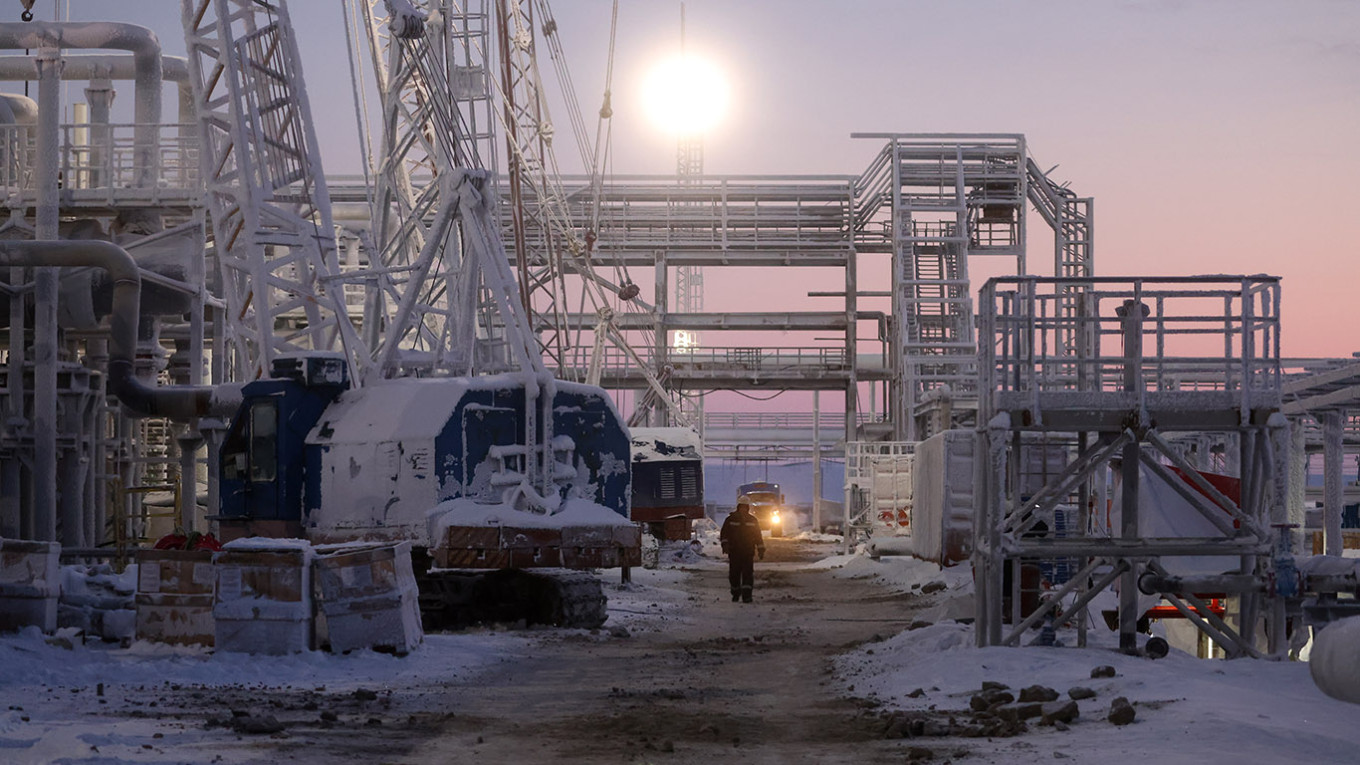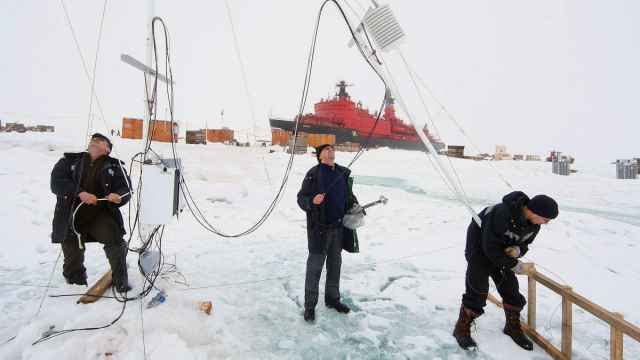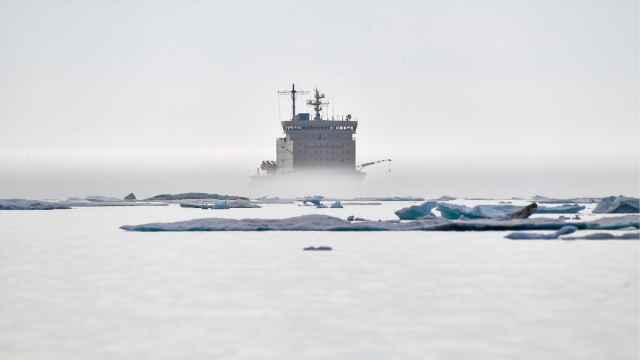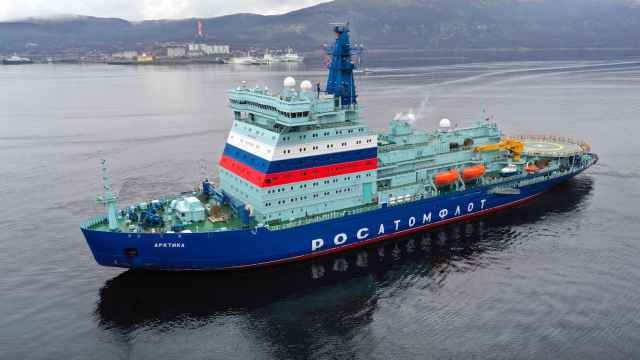The Arctic, rich in untapped energy reserves and offering shorter global shipping routes, is becoming a key theater of great power competition. Russia, long the dominant player in the region, finds itself increasingly isolated from the West due to sanctions imposed after its invasion of Ukraine. Now China enters — eager to expand its influence in the Arctic and willing to leverage Moscow’s economic vulnerabilities.
On the surface, Russia and China appear to be forging and deepening an Arctic alliance. China is investing in Russian energy projects, collaborating on infrastructure along the Northern Sea Route (NSR) and advocating for a greater role in Arctic governance.
But is Beijing a true partner, or merely exploiting Russia’s weakened position? As the Arctic opens up, is Moscow still the master of its icy domain, or is it unwittingly handing Beijing the keys to the north?
China has long sought to expand its presence in the Arctic, despite not being an Arctic state. In 2018, Beijing declared itself a “near-Arctic state” and unveiled its policy toward the region, emphasizing scientific research and economic development. But its true ambitions lie in securing energy resources, trade routes, and strategic leverage in Arctic governance.
Western sanctions have given China the perfect opening. With European and American firms forced to withdraw from Russian Arctic projects, Chinese state-owned enterprises have stepped in to fill the gap. Beijing has covertly continued support for Russia’s Arctic LNG 2 project, despite Western attempts to block funding. This not only secures China’s access to vital energy supplies but also strengthens its foothold in the Arctic economy, making it an indispensable partner to Moscow.
China’s investments in Russian infrastructure, ports, and icebreaker technology also point to a long-term strategy of Arctic entrenchment. The question is how much control is Russia actually ceding in exchange for Chinese support?
The NSR, running along Russia’s northern coast, is central to both nations’ Arctic strategy. By offering a shortcut between Europe and Asia, the NSR challenges traditional routes like the Suez Canal. Russia has long sought to develop it as a major shipping corridor, but evidently lacks the capital and infrastructure to do so alone. China, with its vast financial resources and Belt and Road Initiative has eagerly stepped in.
Beijing is heavily involved in NSR projects, from financing Russian icebreakers to investing in Arctic ports. In theory, this cooperation is mutually beneficial: Russia would gain much-needed investment while China secures a faster trade route. However, the balance of power in this partnership is shifting in China’s favour. As Chinese shipping firms gain greater influence over the NSR, Russia risks becoming a mere enforcer rather than a true stakeholder.
Moreover, China has strategically avoided overt military cooperation in the Arctic, ensuring it does not provoke the West. While Russia views the Arctic as a critical security zone, China sees it as an economic opportunity — suggesting their interests may not always align.
Despite their growing cooperation, the Russia-China Arctic relationship is far from equal. While Moscow seeks economic survival, Beijing pursues long-term strategic gains. This power imbalance could eventually lead to friction.
Russia is historically wary of Chinese expansionism. While it welcomes Beijing’s investment, it is unlikely to cede control of Arctic resources or security matters. China, for its part, is careful not to push too far, knowing that openly challenging Russian sovereignty in the Arctic could backfire. However, if China continues to expand its influence in Russian energy projects and infrastructure, Moscow may begin to feel sidelined in its own backyard.
A key indicator of this unease is Russia’s reluctance to grant China more decision-making power in Arctic governance structures. While Beijing pushes for greater inclusion in the Arctic Council and other regional bodies, Moscow has so far resisted fully endorsing China’s aspirations — perhaps sensing the long-term risks of over-reliance on its Asian partner.
But as we have seen, the Arctic chessboard is not just shaped by Russia and China — but also by Western countries like the United States, which are increasingly alarmed by both Moscow and Beijing’s Arctic ambitions. This concern has been exacerbated in 2025 when President Donald Trump engaged the idea of buying Greenland from Denmark. While the proposal has so far been widely mocked, it highlighted Washington’s recognition of Greenland’s strategic importance, especially given the strategic advantage of the Northwest passage.
Nevertheless, the Trump administration takes its interests in Greenland (as well as the Arctic) very seriously — but at the expense of logical reason: his order for “40 new icebreakers” was immediately interpreted as a gaffe given the decline of the American shipbuilding industry as well as a simple lack of resources. But Trump’s interests in Greenland have indicated a serious weakness in the USA’s ability to counter growing influence in the wider Arctic region, as attention draws to the current state of America’s aged fleet: it took multiple U.S. icebreakers several days to free the trapped Canadian Manitoulin from the thick ice.
Greenland, rich in rare earth minerals and located at a crucial Arctic crossroads, has already drawn significant Chinese investment. Beijing has financed Greenland’s fisheries exports, thus establishing infrastructure footholds as such exports constitute over 90% of Greenland’s total exports, raising Western fears of a Chinese Arctic outpost. But Denmark has repeatedly blocked Chinese attempts to gain further strategic assets in Greenland, aligning itself with broader Western efforts to counter Beijing’s expansion.
As China deepens its Arctic ties with Russia, the U.S. and its allies will undoubtedly seek to strengthen their own presence through Greenland, NATO cooperation and increased military deployments. The Arctic, once an overlooked frontier, is fast becoming a key arena for competition between these great powers.
A Message from The Moscow Times:
Dear readers,
We are facing unprecedented challenges. Russia's Prosecutor General's Office has designated The Moscow Times as an "undesirable" organization, criminalizing our work and putting our staff at risk of prosecution. This follows our earlier unjust labeling as a "foreign agent."
These actions are direct attempts to silence independent journalism in Russia. The authorities claim our work "discredits the decisions of the Russian leadership." We see things differently: we strive to provide accurate, unbiased reporting on Russia.
We, the journalists of The Moscow Times, refuse to be silenced. But to continue our work, we need your help.
Your support, no matter how small, makes a world of difference. If you can, please support us monthly starting from just $2. It's quick to set up, and every contribution makes a significant impact.
By supporting The Moscow Times, you're defending open, independent journalism in the face of repression. Thank you for standing with us.
Remind me later.






